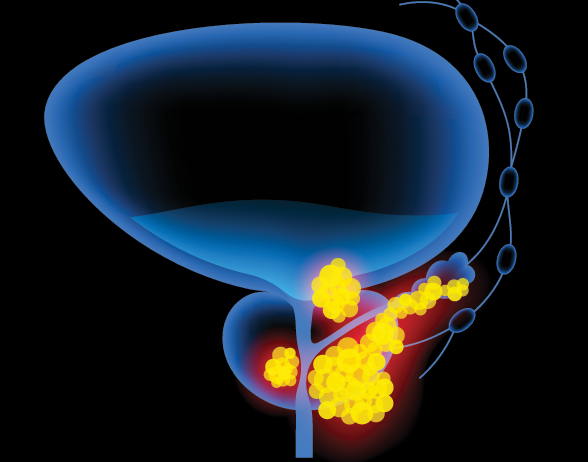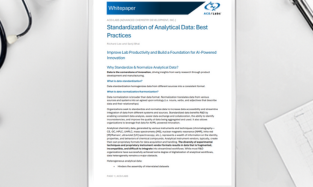NICE recommends combination therapy for prostate cancer
Posted: 21 December 2023 | Caroline Peachey (European Pharmaceutical Review) | No comments yet
Lynparza (olaparib), which is being co-developed by AstraZeneca and MSD, showed clinically meaningful benefit when used with abiraterone and prednisone or prednisolone to treat hormone-relapsed metastatic prostate cancer.


The UK’s National Institute for Health and Care Excellence (NICE) has issued Final Draft Guidance recommending Lynparza (olaparib) for use as combination therapy with abiraterone and prednisone or prednisolone, for untreated hormone-relapsed metastatic prostate cancer in adults who cannot have or do not want chemotherapy.
This NICE recommendation is based on data from the PROpel Phase III clinical trial, which enrolled 700 patients globally.
Data from the trial showed that combination therapy led to a 34 percent reduction in the risk of disease progression or death, compared to abiraterone and placebo.
“Data from the PROpel Phase III trial show that olaparib in combination with abiraterone and prednisone or prednisolone provides real benefit for men with metastatic castration-resistant prostate cancer,” commented Professor Noel Clarke, Professor of Urological Oncology at The Christie, and Salford Royal Hospitals.
He added: “Recommendation by NICE, which enables this new combination therapy to be prescribed on the NHS, will provide a much-needed effective therapy for men with this condition.”
Approximately 52,000 men are diagnosed with prostate cancer every year in the UK, according to Prostate Cancer UK. Up to a fifth of patients with prostate cancer will develop castration-resistant prostate cancer (CRPC) within five years. When CRPC is at an advanced or metastasised stage (mCRPC) it is typically hard to treat and has a poor prognosis.
Lynparza approval regardless of biomarker status
Olaparib is the first PARP inhibitor to demonstrate a clinically meaningful benefit when combined with abiraterone and prednisone or prednisolone to treat hormone-relapsed mCRPC in adults, regardless of biomarker status.
PARP inhibitors work by blocking DNA repair in cancer cells harbouring a deficiency in homologous recombination repair (HRR), such as those with mutations in BRCA1 and/or BRCA2.
This is the first time that patients with this form of prostate cancer will be able to access a PARP inhibitor without the need for a specific biomarker test”
“Critically, this is the first time that patients with this form of prostate cancer will be able to access a PARP inhibitor without the need for a specific biomarker test,” stated Tom Keith-Roach, President, AstraZeneca UK.
“This type of prostate cancer has unacceptable survival rates, and [the] NICE recommendation marks a vital step forward in changing the narrative for these patients,” added David Long, Head of Oncology at MSD UK.
Earlier this year NICE recommend olaparib for adults with early breast cancer and metastatic prostate cancer in final draft guidance.
The Lynparza combination is also approved in the EU for advanced prostate cancer, and by the US Food and Drug Administration (FDA).
AstraZeneca and Merck, known as MSD outside of the United States and Canada, announced a global strategic oncology collaboration to co-develop and co-commercialise certain oncology products including Lynparza in July 2017.
Related topics
Anti-Cancer Therapeutics, Big Pharma, Clinical Trials, Drug Development, Drug Safety, Regulation & Legislation, Research & Development (R&D)
Related diseases & conditions
advanced prostate cancer, metastatic castration-resistant prostate cancer (CRPC)









